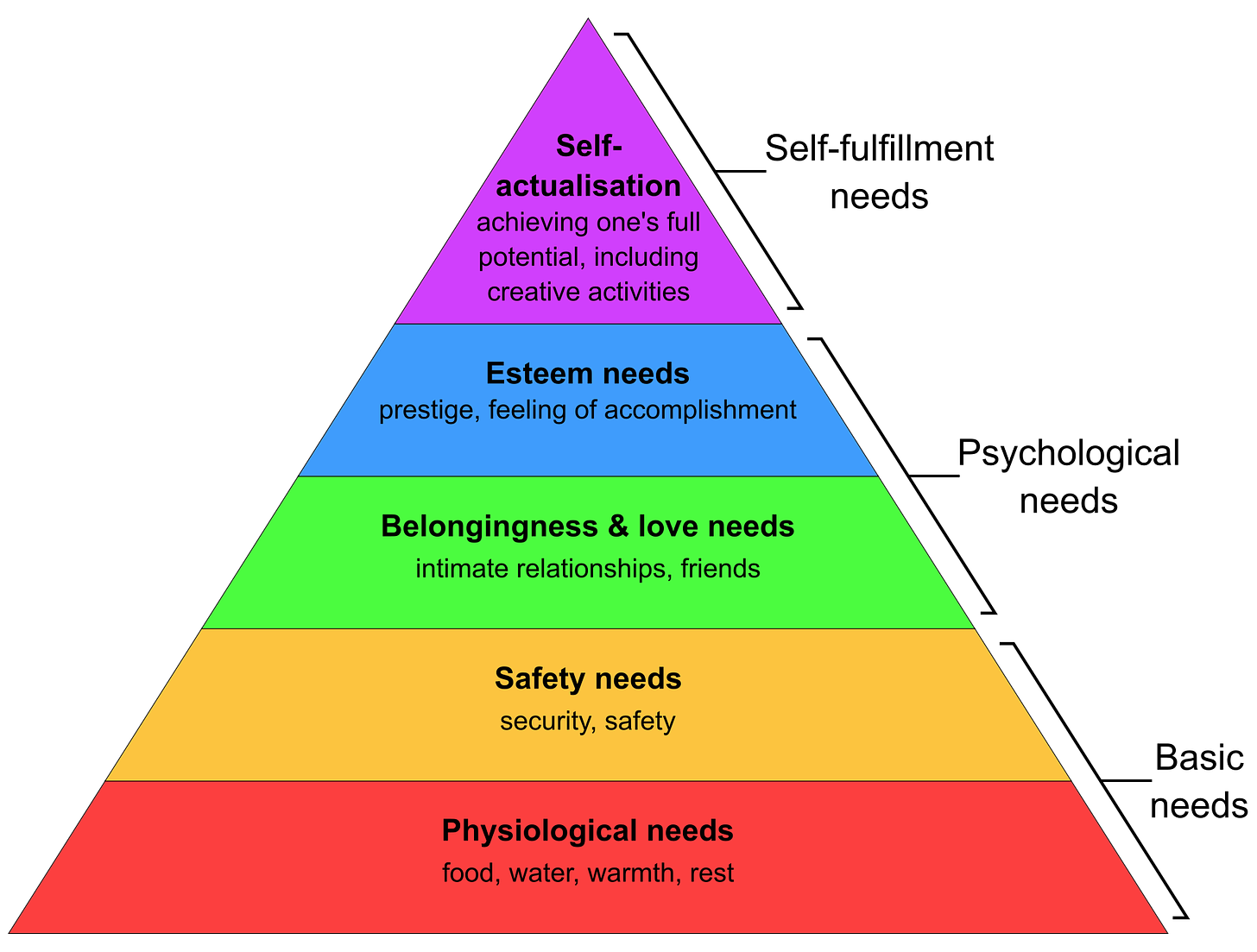Choosing between great and great isn’t easy
“The test of a first-rate intelligence is the ability to hold two opposing ideas in mind at the same time and still retain the ability to function.
F Scott Fitzgerald
When considering the scope of time and specifically human civilization, the modern world registers barely a blip on the timeline. Wherever you choose to mark the beginning of this era, but let’s say since 1850 or so, there has been an explosion in human development that is actually unparalleled in the course of human history. Commentators have remarked that today’s middle class enjoys a standard of living even beyond that of Rockefeller himself a century ago. We live longer through advances in medicine, enjoy heated / cooled homes, travel easily, have the entirety of human knowledge at our fingertips, and so on.
Yet, if we mark the start of human history around 4,000 BC in Mesopotamia, this “era” (sorry Taylor) in which we are living is only 2.5% of human history. The vast majority of our existence has been predicated on things like agricultural subsistence, exposure to elements, death and disease. In relatively short order, we climbed from the bottom of Maslow’s hierarchy to the top.
The challenge is – we are not very well suited to life at the top.

There is a category of problem that I am seeing more and more frequently that is emerging in modern life – namely the choice people have to make between two goods. Consider a recent article the NY Times published highlighted the emergence of the “Fast Furniture industry. The Times noted that the e-commerce market for furniture is more than $27bn in size. Each year, Americans dispose of 12 million tons of furniture. The same is true with Fast fashion – which generates staggering sales, along with staggering levels of waste.
The success of these industries has led to the emergence of a contrary model of consumption known as “less but better” – where people choose to buy nicer goods, less frequently that hopefully last longer. While this sounds nice in theory, and to a certain segment of society aligns with other virtue signaling around environmental waste, the reality is ‘fast consumption’ is a still larger and growing rapidly – people are voting with their wallets.
So, what and where is the ‘good’ here?
The ability to have huge variety, on-trend, and readily available items? Or to support more of a craftsman model? One represents the peak of the industrial age – nimble supply chains responding in almost real time to market demand. And similarly, one represents either a pre-industrial or early industrial model where quality outweighs concerns about efficiency.
Here is the challenge – we have to choose between a good and a good. And each of those choices has little to do with covering basic needs at the bottom of Maslow’s hierarchy. Instead, each is a value choice, characteristic of life at the top.
This is only one such dynamic that exists. Here are a few others:
- Deep rootedness of location vs. freedom/flexibility of travel – I see this lot with folks who value geographic freedom and have the ability to be anywhere/any time, but at the same time feel a disconnectedness from others. Similarly, those who have deep connection to their local town, may miss out on a broadening set of experiences.
- Ability to give children possessions/experience/access you never had vs. the lessons learned from scarcity / self-denial / delayed gratification.
- Reputation and prominence that comes from influencer-level fame vs. depth of relationship and ability to be real – As influencing grows as a desired career, it can be hard to choose the creation of a ‘self,’ a character no different than Stephen Colbert when on The Colbert Report, and your actual self – an authentic person
In late capitalist economies, our level of financial plenty results in more and more of our choices falling into these buckets, or similar ones. I am not sure I have an answer yet to how to handle these scenarios. Instead, I believe the first step is to be aware of their existence. Presumably, some sort of a middle path that balances the two considerations has a certain appeal as the right way to navigate. But hopefully, more to come as I consider more deeply.
